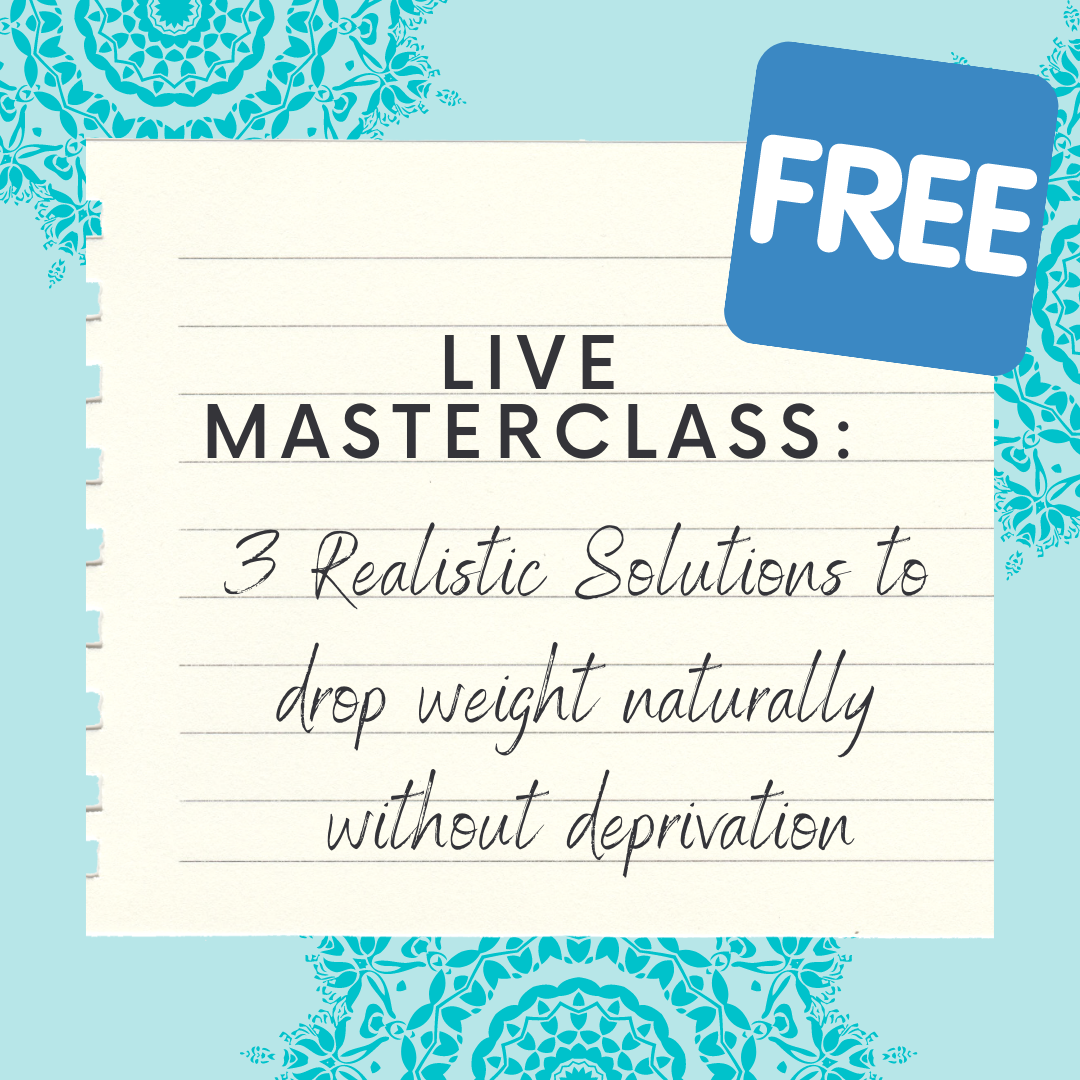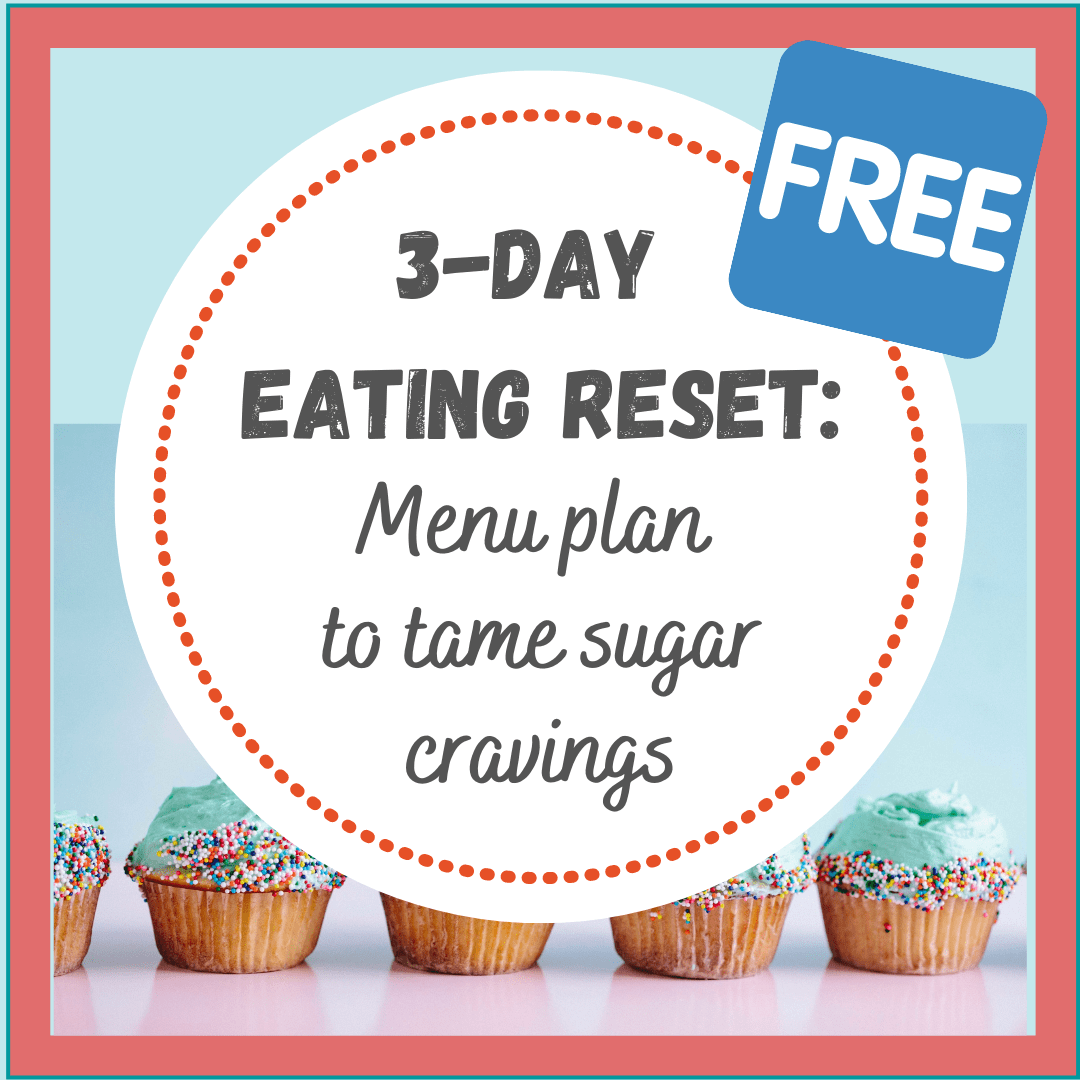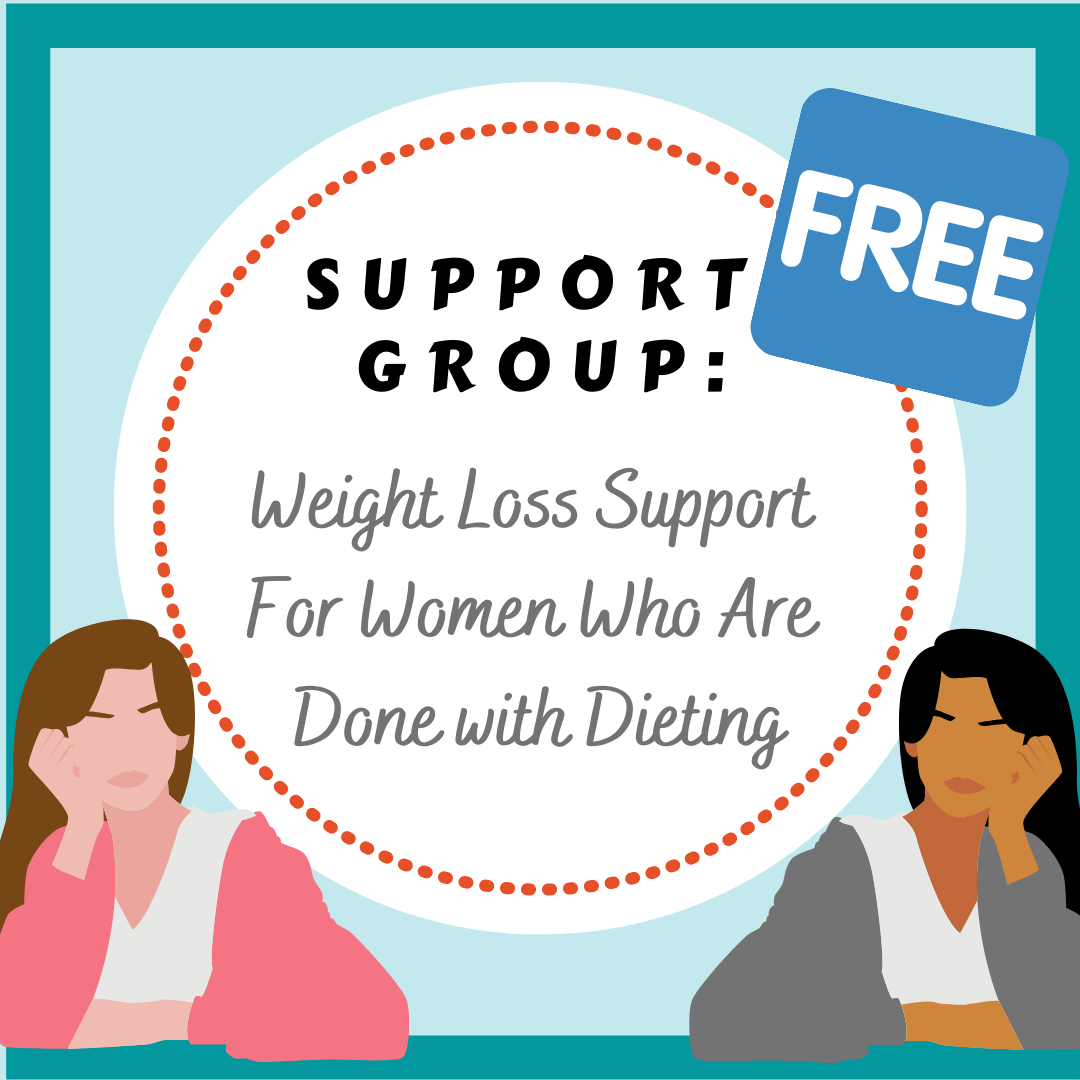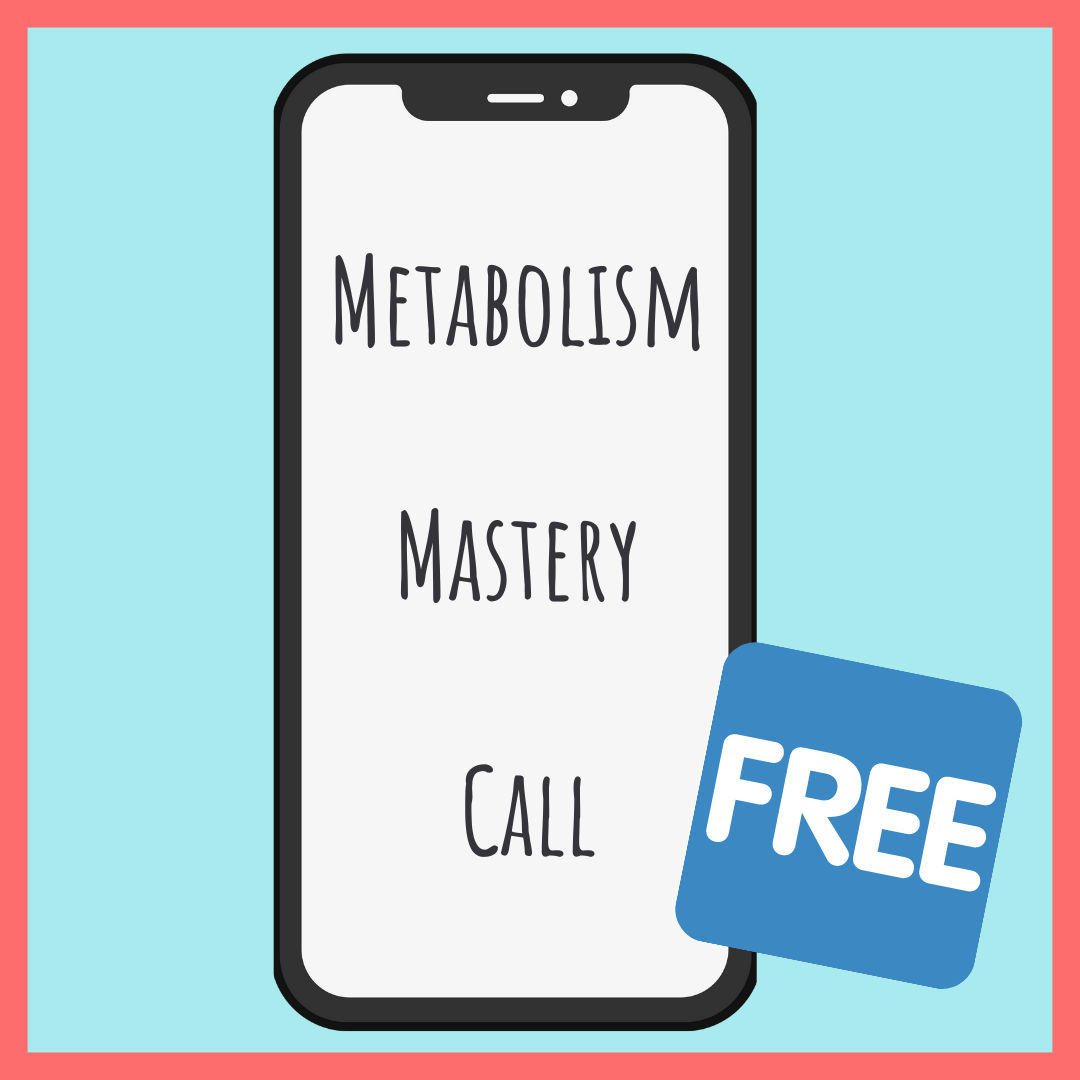This month, I am writing about nutrition & pregnancy as a healthy reminder for my body, as well my friends who are going through this process. My husband and I are excited to announce that we are almost five months pregnant with our second baby! I’d like to take this opportunity to review nutrition basics for pregnant women and women trying to get pregnant.
Nutrition Tips During Pregnancy:
Eat small frequent meals throughout the day. Five to six meals balanced with a little protein and carbohydrates are optimal.
Eliminate or minimize toxic chemicals from your life:
- Tobacco and second hand smoke
- Alcohol
- Caffeine
- Artificial sweeteners
- Artificial ingredients, coloring, preservatives, hydrogenated fats, etc.
- Hormones in dairy products & meats
- Fish with high Mercury content (Swordfish and Tuna)
- Heavy duty cleaning chemicals
- Beauty products with a lot of chemicals (deodorant, shampoo, lotion, toothpaste, sunscreen, etc.)
Drink at least 8-10 glasses of water a day. Your fluid needs increase during pregnancy, yet you may not crave them as much.
If you are able to exercise, create a general exercise plan for your health and stress management. Moderate walking, swimming, and prenatal yoga are great workouts for most pregnant women.
Monitor stress and sleep habits. If you are overwhelmed and having trouble sleeping, try fitting in daytime naps and incorporate some stress management techniques.
Increased Vitamin Needs During Pregnancy:
Take a Prenatal Vitamin to cover your increased needs for Folic Acid, Iron, Calcium, Magnesium, and many other nutrients. I take Prenatal Nutrients, just 2 capsules at breakfast.
Eat plenty of fatty fish or supplement with Omega 3 Fatty Acids. According to food consumption surveys, 85% of all women are deficient in these omega 3 fatty acids. They are essential for optimum growth and development of a baby’s brain, nervous system, and eyes. I take Ultra Omega, 2 capsules at breakfast.
Aim to get 1000 mg of Calcium and 400 mg of Magnesium. If there’s not enough in your diet, the fetus will draw calcium from your bones, putting you at risk for osteoporosis later in life. These are large minerals, so they are rarely in multi-vitamins at the recommended amounts. I take Cal/Mag/Zinc w/ Vitamin D, 2 capsules at bedtime. Calcium and Magnesium help to relax your muscles so it is best to take them before bed.
Every woman at childbearing age should get at least 800 mcg of Folic Acid daily to prevent birth defects of the brain and spine. Most Prenatal Vitamins should contain this level. Foods rich in Folic Acid are:
- Fruits
- Leafy green vegetables
- Beans, chickpeas, lima beans, peas
- Asparagus
- Peanuts
- Sunflower seeds
- Wheat germ
Pregnant women need enough Iron (approximately 30 mg daily) to build up their baby’s reserves, from fetus to approximately 6 months of age. Foods rich in Iron are:
- Meat
- Poultry
- Seafood
- Spinach
- Potatoes with the skin
Always seek the direct advice of your own doctor in connection with any questions or issues you may have regarding your own pregnancy or health.
















Leave a Reply